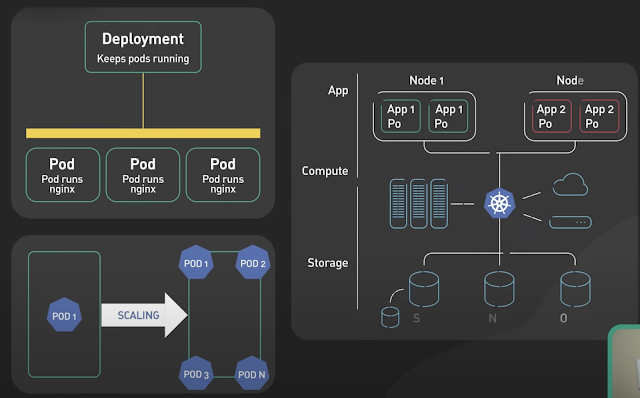First enable slow query logging, then generate a slow query and finally look at the slow query log.
mysqldumpslow
This program parses and summarizes a 'slow query log'.
-v verbose
-d debug
-s=WORD
what to sort by (t, at, l, al, r, ar etc)
-r reverse the sort order (largest last instead of first)
-t=NUMBER
just show the top n queries
-a don't abstract all numbers to N and strings to 'S'
-n=NUMBER
abstract numbers with at least n digits within names
-g=WORD
grep: only consider stmts that include this string
-h=WORD
hostname of db server for *-slow.log filename (can be wildcard)
-i=WORD
name of server instance (if using mysql.server startup script)
-l don't subtract lock time from total time
eg.
1. mysqldumpslow -t 10 /var/lib/mysql/mysql-slow.log.1 > /tmp/top_ten_slow_query.txt
It will put top ten slow query in file /tmp/top_ten_slow_query.txt
2. mysqldumpslow -a -s c -t 10 /var/lib/mysql/mysql-slow.log.1 > /tmp/top_ten_repeat_slow_query.txt
It will put top ten repeat slow query in file top_ten_repeat_slow_query.txt
Subscribe to:
Post Comments (Atom)
Basics of Kubernetes
Kubernetes, often abbreviated as K8s , is an open-source platform designed to automate the deployment, scaling, and management of container...

-
IOPS (input/output operations per second) is the standard unit of measurement for the maximum number of reads and writes to non-contiguous ...
-
The Unix top command is designed to help users determine which processes are running and which applications are using more memory or process...
-
MySQL's InnoDB storage engine data refresh every situation. This post from InnoDB down, look at the data from the memory to the InnoDB ...


1 comment:
MONyog (www.webyog.com) can read log file locally/remote machine , parse it and shows aggregated output. Here queries having similar pattern were aggregated by ? placeholder.
for example : select 1; and select 2; will be select ? (with count 2)
Post a Comment